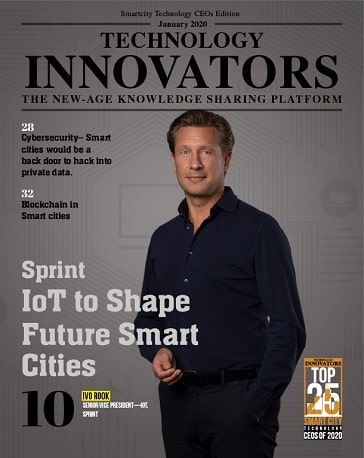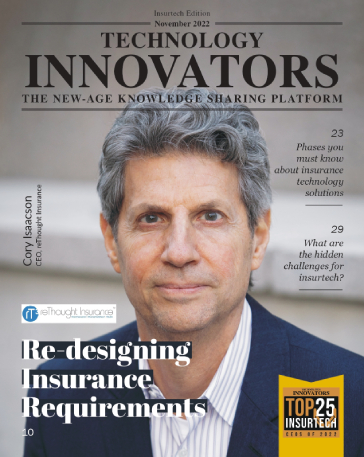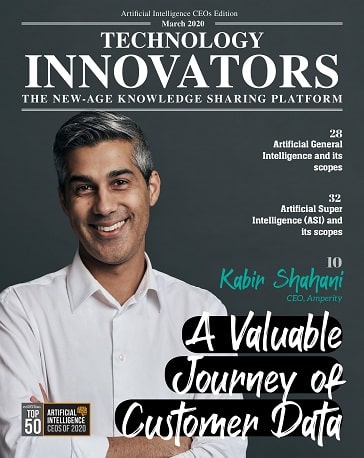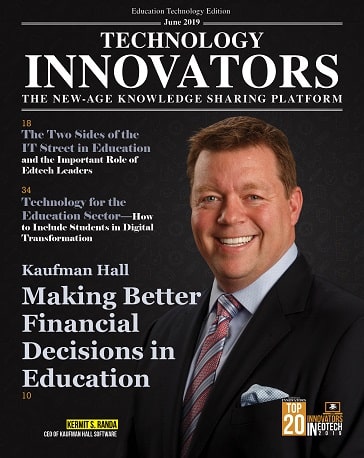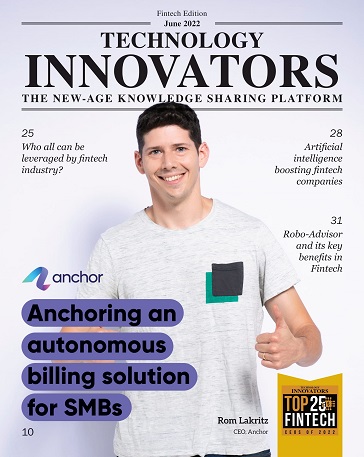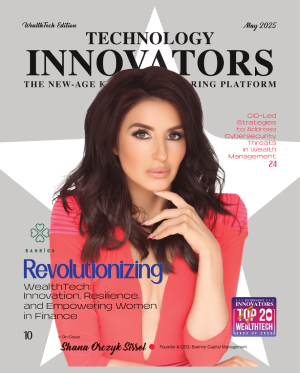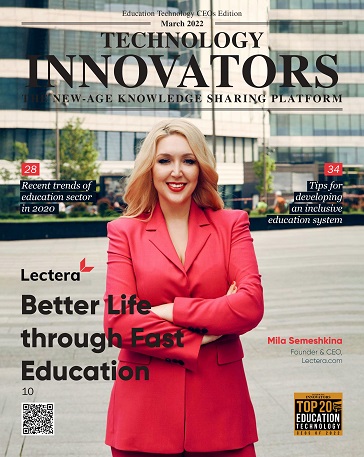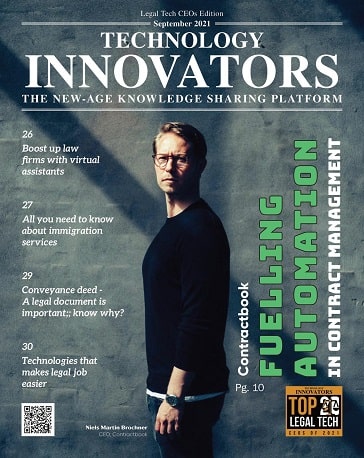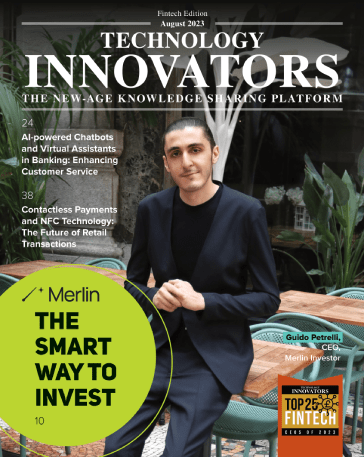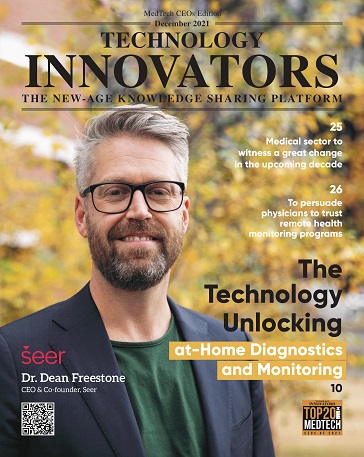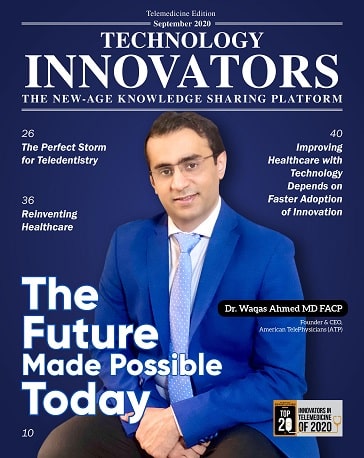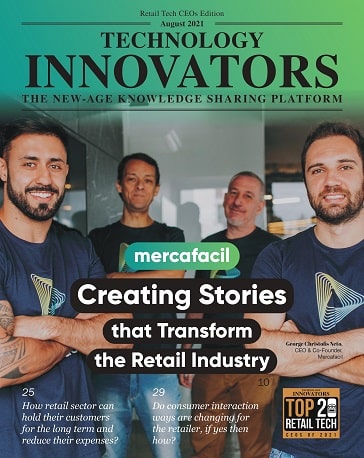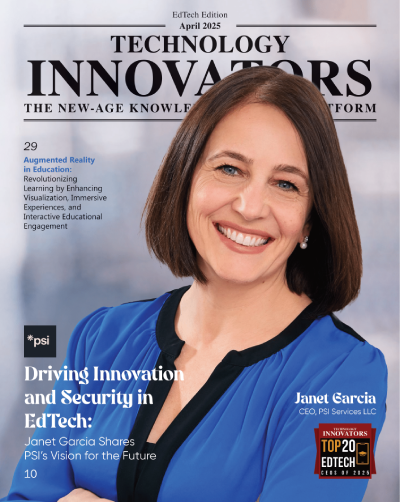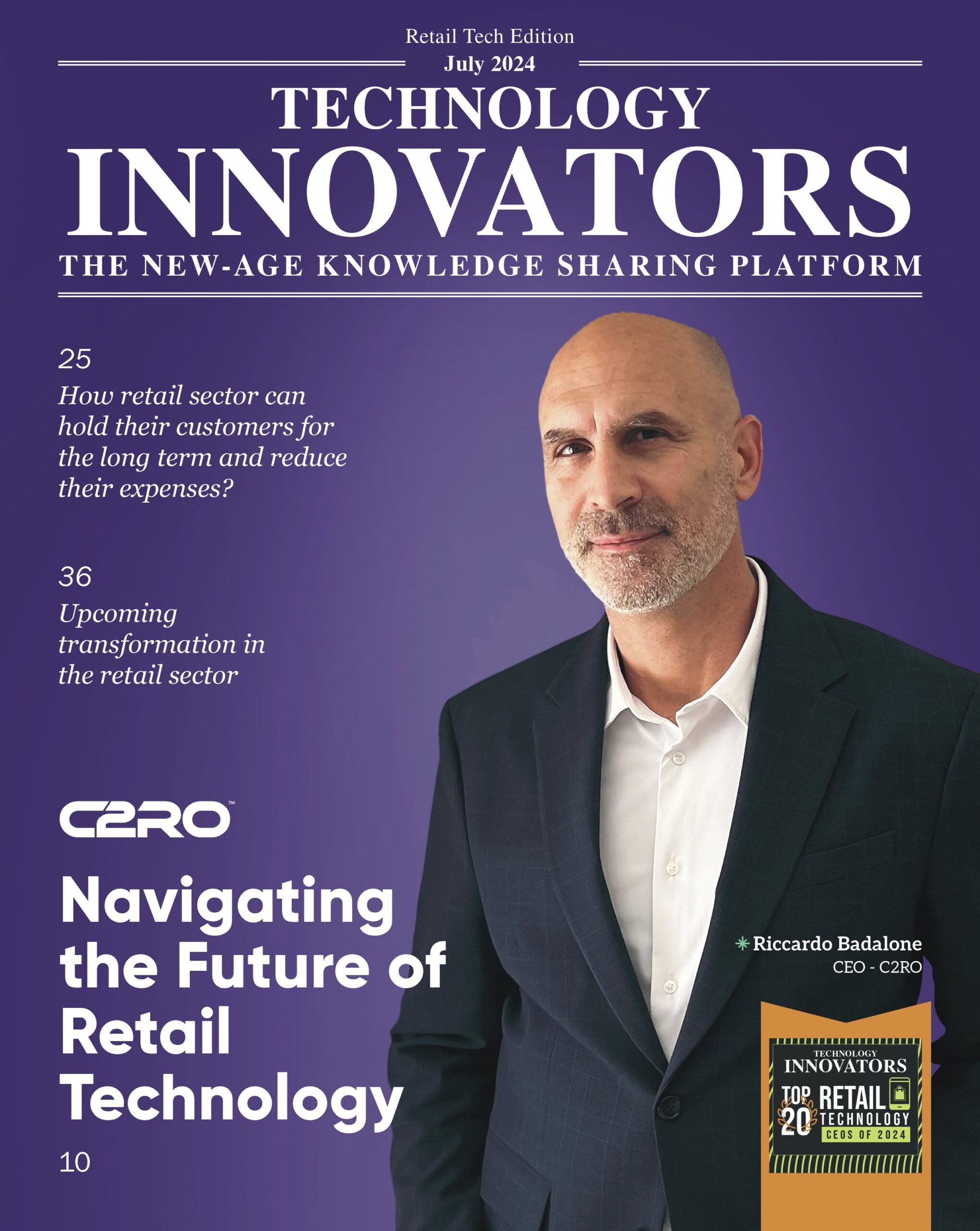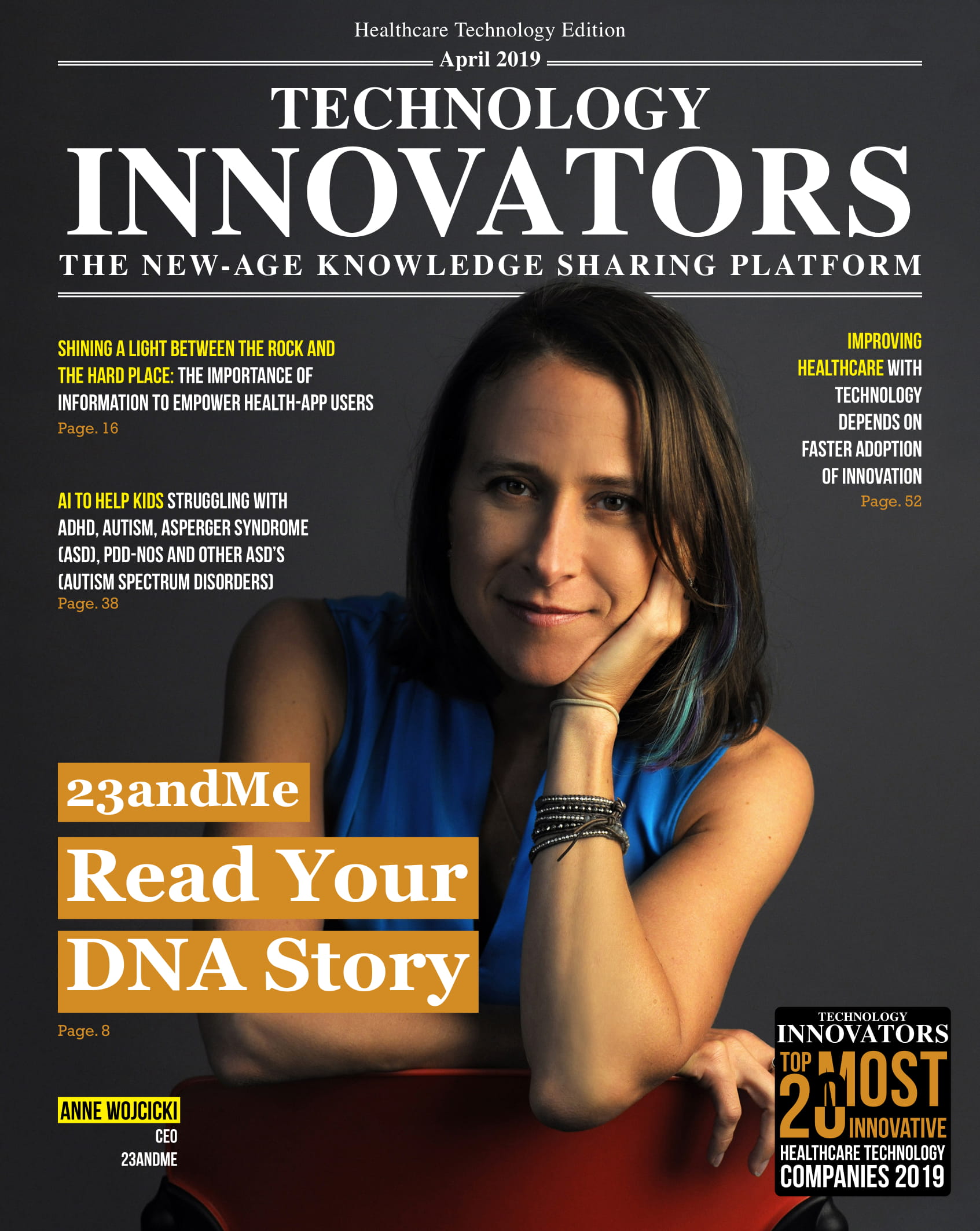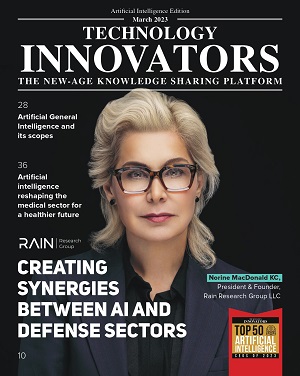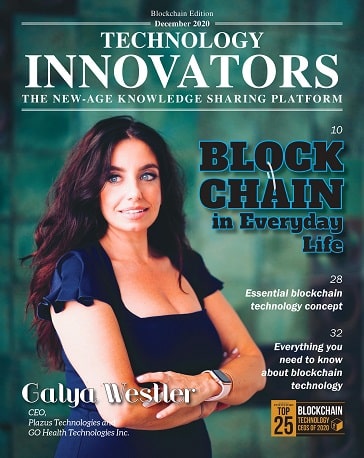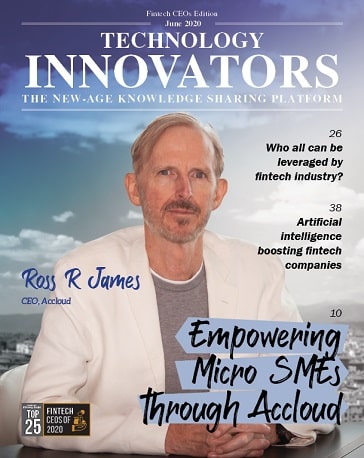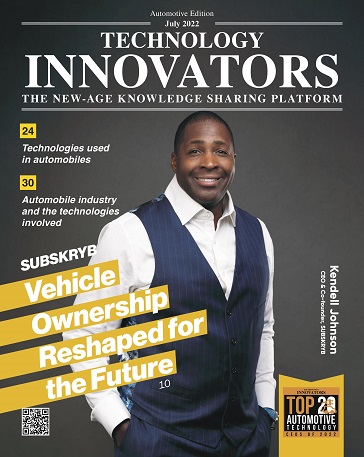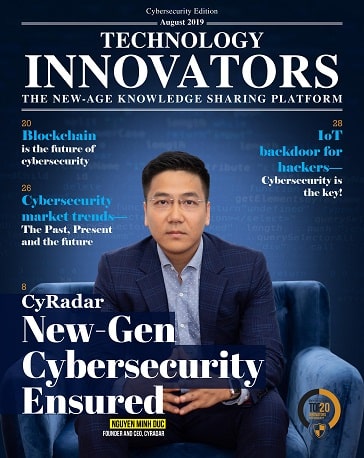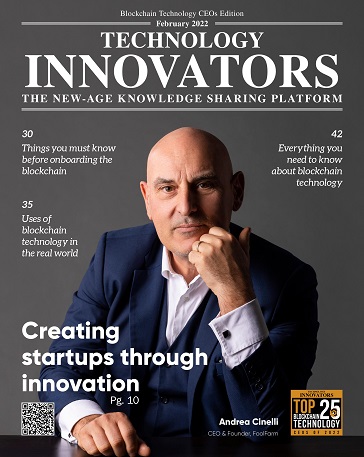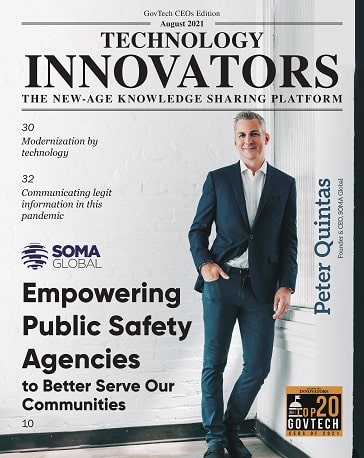Must-Subscribe Tech Magazines for Innovators
Disruptive Technology Industry Trends
Dive into the world of disruptive technology trends at Technology Innovators Media. Uncover insights and stay informed about the future of innovation.
Influential Tech Publications for Industry Insights
Disruptive Technology Industry Trends: Transforming the Future
The technology landscape is undergoing rapid transformation, fueled by disruptive innovations that are changing the way industries operate and how businesses interact with customers. Disruptive technologies are those that introduce new models, practices, and possibilities that radically alter existing systems, creating new market leaders while rendering older systems obsolete. From Artificial Intelligence (AI) to blockchain and the Internet of Things (IoT), disruptive technologies are revolutionizing sectors such as healthcare, finance, retail, and manufacturing.
This article explores the top disruptive technology trends that are reshaping industries and highlights the innovators driving these changes.
1. Artificial Intelligence and Automation: The New Frontier
Artificial Intelligence (AI) and automation are perhaps the most profound disruptive forces in today’s technology ecosystem. AI involves machines mimicking human intelligence, including learning, decision-making, and problem-solving. Machine learning (ML) is a subset of AI that allows systems to learn from data and improve over time without explicit programming. These technologies are revolutionizing a wide array of industries by optimizing workflows, enhancing customer experiences, and reducing costs.
Key Innovators:
- OpenAI: OpenAI, known for creating the GPT-3 language model, has revolutionized natural language processing. GPT-3 has become a transformative tool in industries such as customer service, content generation, and coding, enabling businesses to automate repetitive tasks while creating personalized experiences.
- UiPath: UiPath has pioneered Robotic Process Automation (RPA), which leverages AI to automate mundane, repetitive tasks in industries like banking, healthcare, and insurance. By automating workflows, businesses can increase operational efficiency and reduce human error.
- Tesla: Tesla’s advancements in autonomous driving technology are paving the way for AI to reshape the transportation industry. Through machine learning algorithms and AI-driven systems, Tesla’s self-driving cars are expected to revolutionize both personal transportation and logistics.
Key Applications:
- Healthcare: AI is disrupting healthcare by automating diagnostic processes and improving accuracy. For example, AI systems are now being used to detect diseases like cancer through medical imaging and analyze genetic data for personalized treatments.
- Customer Service: AI-driven chatbots and virtual assistants, such as Amazon’s Alexa and Apple’s Siri, are transforming customer service by providing instant support and automating routine queries.
- Manufacturing and Supply Chain: AI and automation are optimizing manufacturing processes, enabling predictive maintenance, and improving supply chain management. Siemens and General Electric are integrating AI into their industrial IoT (IIoT) platforms to increase efficiency and reduce costs.
2. Blockchain and Decentralized Finance: Shaping the Future of Trust and Transactions
Blockchain technology, the backbone of cryptocurrencies like Bitcoin and Ethereum, is now being adopted for a wide range of applications beyond digital currencies. Blockchain offers decentralized, transparent, and immutable transaction systems, making it an ideal solution for industries that require security, transparency, and trust.
Key Innovators:
- Ethereum: Ethereum has extended blockchain’s capabilities to support smart contracts—self-executing contracts with the terms directly written into lines of code. This enables businesses to automate transactions and build decentralized applications (dApps), creating new business models in industries like finance, real estate, and insurance.
- Ripple: Ripple’s blockchain platform is revolutionizing cross-border payments by allowing financial institutions to send real-time payments globally at a fraction of the cost of traditional methods. Ripple’s partnerships with major banks are pushing the boundaries of international transactions.
- IBM: IBM’s Hyperledger blockchain platform is transforming industries like supply chain management, healthcare, and food safety. By providing an immutable and transparent record of transactions, IBM’s blockchain solutions enable businesses to track and verify the provenance of goods and services.
Key Applications:
- Finance and Banking: Blockchain enables faster, more secure, and transparent financial transactions, particularly in cross-border payments. Decentralized Finance (DeFi) platforms, built on blockchain, are disrupting traditional banking services by offering decentralized lending, borrowing, and trading.
- Supply Chain: Blockchain is helping companies like Walmart and Maersk track the movement of goods and ensure the authenticity of products, improving transparency and reducing fraud.
- Healthcare: Blockchain is being used to secure patient records, ensuring that sensitive health data is protected and only accessible to authorized parties. Blockchain’s immutability also enhances drug traceability and patient safety.
3. 5G Connectivity: Enabling the Future of IoT and Real-Time Data
The rollout of 5G networks is a major disruptive trend that is accelerating digital transformation across industries. With speeds up to 100 times faster than 4G, 5G is set to unlock new applications in areas like autonomous driving, augmented reality (AR), and virtual reality (VR). The key differentiator of 5G is its ultra-low latency and capacity to handle millions of connected devices simultaneously, making it the backbone of the next generation of Internet of Things (IoT) applications.
Key Innovators:
- Qualcomm: Qualcomm is a key player in the development of 5G technology, providing the chips and infrastructure that power 5G networks and devices. Qualcomm’s contributions are helping industries leverage the full potential of 5G for real-time data processing and IoT connectivity.
- Verizon: Verizon has been at the forefront of rolling out 5G networks across the U.S., enabling businesses and consumers to take advantage of 5G’s capabilities. The company’s 5G Ultra Wideband network promises faster speeds for everything from mobile gaming to augmented reality.
- Huawei: Despite facing political challenges, Huawei remains a leader in the 5G race, supplying 5G infrastructure to telecom operators worldwide. Its technology is helping to establish next-generation networks that will drive innovations in smart cities, autonomous vehicles, and industrial IoT.
Key Applications:
- Autonomous Vehicles: 5G’s ultra-low latency enables real-time communication between vehicles, infrastructure, and traffic management systems, which is essential for the development of fully autonomous vehicles. Companies like Waymo and Tesla are integrating 5G into their self-driving technology.
- IoT and Smart Cities: 5G is expected to significantly expand the capabilities of IoT, allowing billions of devices to be interconnected and communicate seamlessly. Cities are using 5G to enhance infrastructure management, optimize energy use, and improve traffic flow.
- Healthcare: 5G enables real-time remote diagnostics and surgery, where healthcare professionals can operate medical devices from miles away with no noticeable delay.
4. Quantum Computing: Revolutionizing Problem-Solving
Quantum computing represents a new paradigm in computational power. Unlike classical computers that process information in binary (0s and 1s), quantum computers use quantum bits (qubits), which can represent multiple states simultaneously. This makes quantum computers exponentially more powerful for solving complex problems that are beyond the reach of today’s supercomputers.
Key Innovators:
- IBM Quantum: IBM is leading the charge in quantum computing, offering a cloud-based quantum computing platform that allows businesses to experiment with quantum algorithms. IBM’s Quantum Experience enables researchers and companies to run quantum algorithms on real quantum hardware.
- Google Quantum AI: Google’s Sycamore quantum processor achieved a landmark milestone in 2019 by demonstrating quantum supremacy—solving a problem in seconds that would have taken a classical supercomputer millennia.
- Microsoft: Through its Azure Quantum platform, Microsoft is bringing quantum computing to the cloud, allowing businesses to integrate quantum algorithms with classical computing infrastructure for solving real-world problems.
Key Applications:
- Drug Discovery: Quantum computing is accelerating drug development by simulating molecular interactions at a level of precision that classical computers cannot match. This can lead to breakthroughs in personalized medicine and treatments for complex diseases.
- Optimization Problems: Quantum computing has the potential to revolutionize industries by solving optimization problems in logistics, supply chain management, and financial modeling much more efficiently than classical computers.
- Cryptography: Quantum computing presents both a challenge and an opportunity in cryptography. While quantum computers could potentially break existing encryption methods, they also open the door to quantum-resistant encryption algorithms, ensuring secure communication in the quantum age.
5. The Internet of Things (IoT): Connecting the World
The Internet of Things (IoT) continues to be one of the most disruptive trends shaping industries across the globe. IoT refers to the network of physical devices embedded with sensors and software that collect and exchange data. The proliferation of connected devices enables businesses to gain insights into customer behavior, optimize operations, and improve overall efficiency.
Key Innovators:
- Amazon: Amazon’s Alexa and its Echo devices have made IoT accessible to consumers, allowing them to control their homes with voice commands. Additionally, Amazon is driving IoT adoption in logistics with its advanced fulfillment centers that use robots and connected devices to streamline warehouse operations.
- Cisco: Cisco provides IoT solutions that enable secure and scalable device connectivity for industries like manufacturing, energy, and healthcare. Cisco’s IoT platform allows businesses to manage, secure, and analyze data from millions of devices in real-time.
- Siemens: Siemens is a leader in industrial IoT (IIoT), offering solutions to automate factories, monitor equipment, and enhance predictive maintenance. Their MindSphere platform helps companies leverage IoT to improve operational efficiency and drive innovation.
Key Applications:
- Smart Homes: IoT is transforming homes with connected devices like thermostats, security cameras, and appliances. Companies like Nest (owned by Google) and Philips Hue are leading the charge in building smarter living environments.
- Industrial IoT (IIoT): IoT is revolutionizing industries by enabling real-time monitoring of machines and equipment. Companies like General Electric and Honeywell are integrating IoT into manufacturing processes to optimize production and reduce downtime.
- Healthcare: IoT devices, such as wearable health trackers and remote monitoring tools, are enabling healthcare professionals to monitor patients in real-time, improving outcomes and reducing the burden on healthcare systems.
Conclusion: Driving the Future of Industries
Disruptive technology trends are fundamentally transforming the global business landscape. Innovators like Tesla, OpenAI, Ethereum, IBM, and Qualcomm are leading the charge in driving this transformation. From AI and automation to blockchain, quantum computing, 5G, and IoT, these disruptive technologies are creating new opportunities, improving efficiency, and enhancing user experiences. As businesses adapt to these trends, they are not only reshaping their industries but also driving the future of technology itself. The companies and technologies leading this change will define the future of innovation, making it essential for organizations to embrace these disruptions and leverage them to stay ahead of the competition.
Stay updated on disruptive technology industry trends with Technology Innovators Media. Discover how emerging innovations are transforming the business landscape.
Join the Global Movement! Subscribe to Technology Innovators Magazine today and be part of the conversation that’s shaping the future of technology across the globe.
Contact us
Want to get in touch? We make it our priority to respond to every request within 24h.


